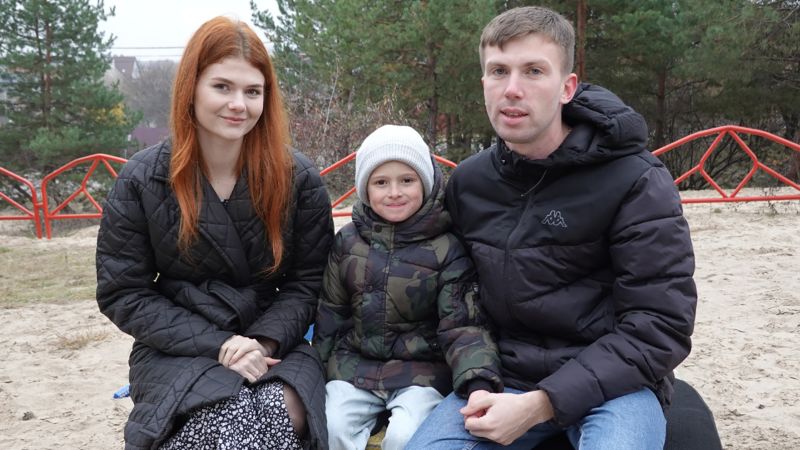Once a safe adoptive family was secured for her son, in my opinion, your sister had the right to forbid any further interaction and to keep her identity from her offspring. The point of adoption, it seems to me, is that your family identity becomes that of your adoptive family. Moreover, the identity of this man is already more or less fixed. Even if he had been wronged by being deprived of knowledge about his biological parents growing up, that wrong would not be righted by providing the knowledge now.
The story is different if we are only talking about anonymized information. Adopted persons might be entitled to certain ancestry facts even though they were not entitled to a relationship. On the one hand, there are medical considerations. If you knew you had at least two close relatives with pancreatic cancer, for example, your doctor might recommend a particular screening regimen. In the majority of cases, we don’t know how to identify familial pancreatic cancer without a family history – the kind of polygenic risk profiles you can get from genomic sequencing are still too primitive. (Nowadays, birth parents are usually asked to disclose relevant medical facts to adopters, but some relevant facts may not emerge until after adoption.)
How to recognize both the interests of adopted children and the rights of biological mothers? Children from a closed adoption, when they reach adulthood, should be allowed to send a message to their birth parents requesting contact. We should also have a mechanism to seek up-to-date medical history. All of this would be consistent with recognizing the right of a biological parent to refuse contact and, in turn, to deny that biological children have the right to know their parents.
So don’t keep your sister in the dark about what happened. Tell the man anything she is willing to let him know, if she chooses not to contact him directly. But if she still doesn’t want anything to do with her biological son, you have to respect her choice.
How does your niece fit into this picture? Suppose you’re right about what she knows (or doesn’t know). Your sister could not introduce herself to her biological son without telling her daughter about his past; it’s hard to imagine that he would make contact with his birth mother without wanting to get in touch with his half-sister. A difficult conversation could therefore ensue.
Of course, nothing prevents you from telling your niece, a grown woman, what you like. But if you do it against your sister’s will, you’ll be throwing a little bombshell on the family – disrupting her relationship with her daughter and your relationship with your sister. I don’t know how revealing your Facebook page is: maybe he’ll end up identifying his mother on his own. In the meantime, you clearly hope that she reconsiders her youthful decision, and so do I. What you shouldn’t do, however, is make the decision for her.
I am a faculty member of a small college. I am also part of a five-member scholarship committee to award an annual commemorative scholarship to a deserving student. I have encouraged my students to submit applications, as have other faculty members. While I think I can be fair and impartial, is it ethical for me to vote on which candidate (whose submission is not anonymous) should receive the annual scholarship? Name withheld
 Christ Yoder
Christ Yoder
/cloudfront-us-east-1.images.arcpublishing.com/gray/ODYKQRO5GRGJREMXBZNK5UFIX4.jpg)


